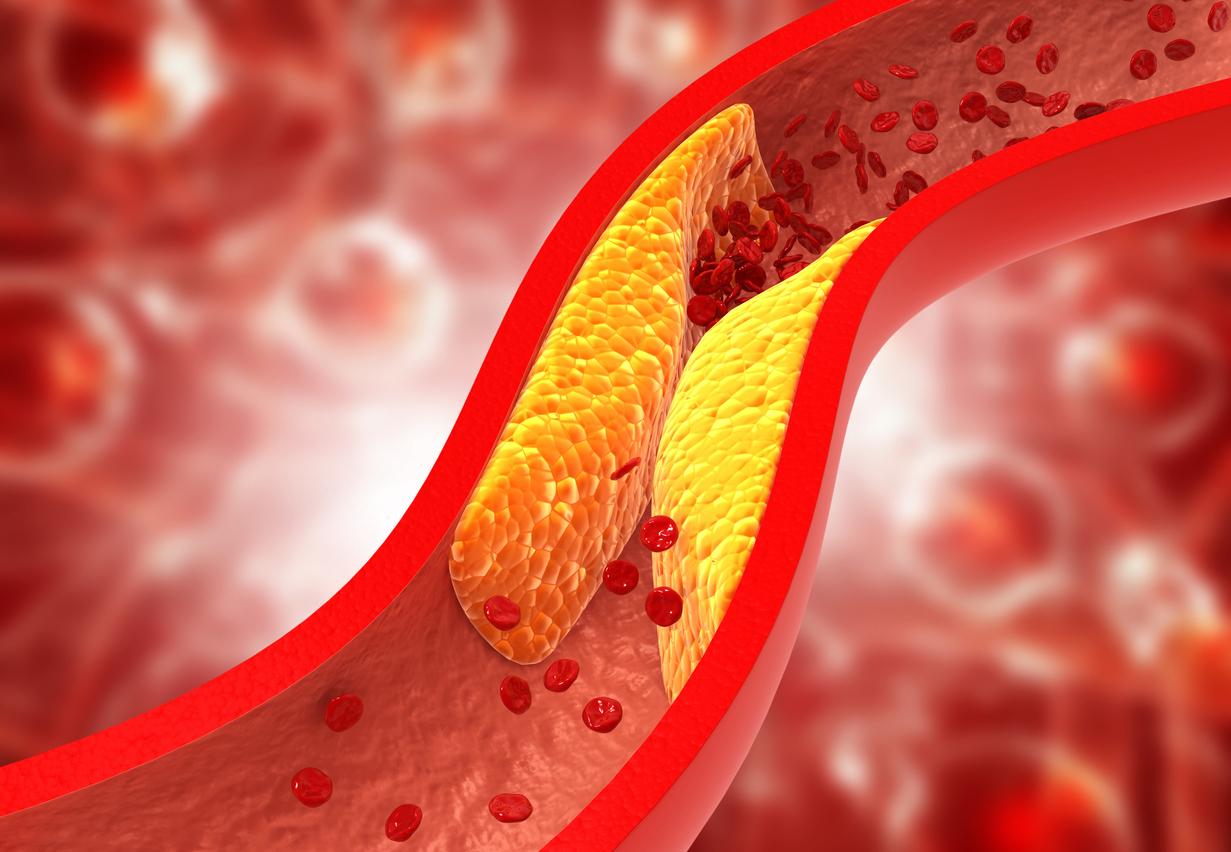A pro-inflammatory diet would favor the appearance of cardiovascular pathologies, mental illnesses and chronic bronchial affections.

- A pro-inflammatory diet increases the risk of dementia and depression, according to various studies.
- Vegetables, fruits, tea or coffee help fight against the onset of inflammatory diseases.
Inflammation is a defense process in the body triggered by the immune system. This mechanism makes it possible to fight against viruses, bacteria, foreign bodies and also promotes the healing of cuts and burns. But chronic inflammation due to a deleterious lifestyle (smoking, stress, pollution, sedentary lifestyle, etc.) can be dangerous for health. It can increase the risk of chronic bowel disease, cardiovascular disease, rheumatism or asthma.
What are pro-inflammatory foods?
Diet plays a role in the degree of chronic inflammation. “For example, a pro-inflammatory diet has been associated with an increased risk of cardiovascular disease, with a 40% increase in risk in people with the highest index”indicated Doctor Louis Bherer, neuropsychologist, at the department of Medicine of the University of Montreal (Canada), in a statement from the Montreal Heart Institute.
Several foods are considered pro-inflammatory. This is particularly the case of:
- Red meat ;
- charcuterie;
- refined flours;
- added sugars;
- ultra-processed products.
A pro-inflammatory diet would increase the risk of dementia
In a study published in the journal Neurology in 2021, researchers observed an association between a diet that promotes systemic inflammation and the risks of developing dementia, a slow and progressive decline in cognitive functions. For the purposes of this research, 1,059 elderly people living in Greece were recruited. Only volunteers with no history of dementia at the start of the study were included.
Participants were followed for three years. The inflammatory potential of their diet was assessed using Dietary inflammatory Index, an index to observe the effects of food on blood levels of inflammatory markers. According to the results, 62 subjects developed dementia during the cohort. Participants with the highest inflammatory index were three times more likely to be affected by this syndrome.
Red meat: what are the health consequences?
Excessive consumption of red meat is harmful to the body, but it could also impact mental health, according to a study published in the British Journal of Nutrition in 2016. During this research, American and Australian scientists examined the diets of 6,4000 women with an average age of 52 from 2001 to 2013.
According to their conclusions, a pro-inflammatory diet including red meat would increase the risk of depression. 18% of women who consumed pro-inflammatory foods suffered from depression, while participants who consumed an anti-inflammatory diet reduced their risk by 20%. “Pro-inflammatory foods cause or worsen a state of inflammation throughout the body, including the brain“the researchers said.
The consumption of deli meats would promote the onset of COPD
In 2019, research conducted by researchers from Inserm and the Harvard School of Public Health (United States) also indicated that a moderate consumption of cold cuts would increase the risk of developing chronic obstructive pulmonary disease (COPD). ), a chronic and inflammatory disease of the bronchi. To reach this conclusion, the scientists studied the medical data of 87,000 American nurses followed for 26 years. The results were published in the journal The Lancet.
To protect yourself from the risk of chronic inflammatory diseases, it is recommended to favor a diet rich in plants, good oils or spices. You can in particular consume vegetables, fruits, seeds or even tea.















